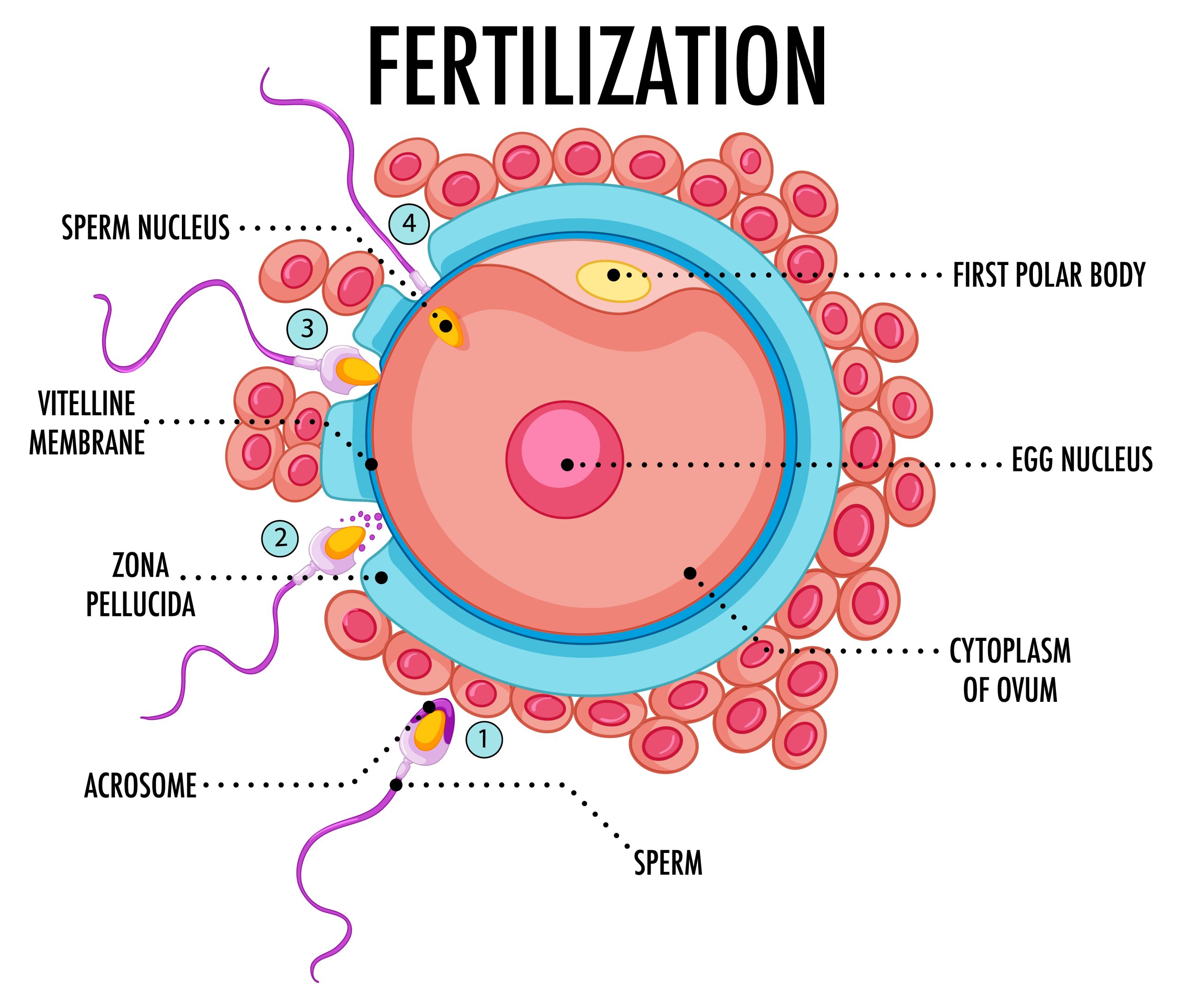Male fertility is a complex topic that has been shrouded in mystery for decades. For many couples struggling to conceive, male fertility is often overlooked or ignored, with the assumption that the problem lies solely with the female partner. However, recent studies have shown that male infertility is a major contributing factor to many cases of infertility.
According to the World Health Organization, male infertility affects 1 in 20 men worldwide, with sperm-related issues being the most common cause. Sperm health is determined by several factors, including sperm count, motility, and morphology. Any abnormalities in these factors can significantly impact male fertility and increase the risk of infertility.
In recent years, there has been a growing interest in understanding male fertility and developing new treatments to address male infertility. Researchers have made significant progress in identifying the underlying causes of male infertility, ranging from genetic factors to lifestyle choices.
One of the most promising areas of research is the use of advanced technologies to assess and improve sperm health. For example, advanced imaging techniques such as magnetic resonance imaging (MRI) and ultrasound can provide detailed information about the structure and function of the male reproductive system, enabling doctors to diagnose and treat male fertility issues more effectively.
Additionally, there has been a growing interest in developing new treatments for male infertility. One such treatment is the use of sperm retrieval techniques such as testicular sperm extraction (TESE) and percutaneous epididymal sperm aspiration (PESA). These techniques can be used to extract viable sperm from men with low sperm counts or other sperm-related issues.
Despite these advancements, there is still a significant lack of understanding and awareness surrounding male fertility. Many men are hesitant to seek medical help for fertility issues, often due to social stigmas or the perception that infertility is solely a female problem.
It is important to break down these barriers and promote greater awareness and understanding of male fertility. By doing so, we can help couples struggling with infertility to access the treatments and support they need to start a family.
In conclusion, male fertility is a complex and often overlooked issue that deserves greater attention and research. With advancements in technology and a growing understanding of the underlying causes of male infertility, we are making progress towards improving male reproductive health and addressing male infertility. However, there is still much work to be done to break down social stigmas and promote greater awareness and understanding of male fertility issues.




